SAN ANGELO, TX -- John Young has spent the last two months in state prison for theft, money laundering and forgery.
A jury convicted the Sweetwater attorney on all counts on November 8, 2017. Now, his attorneys have filed a petition for a new trial with a bombshell witness; Chris Hartman’s ex-wife. In the petition for a new trial, Katie Hartman signed under oath an affidavit saying, “she witnessed Chris Hartman forge John Sullivan’s will. She further swears that after learning she revealed this information, Chris Hartman threatened her. This evidence was unavailable to the defense until after the trial when Mrs. Hartman contacted Mrs. Young. This newly discovered evidence requires a hearing at which Mrs. Hartman will testify to the facts contained in her affidavit.”
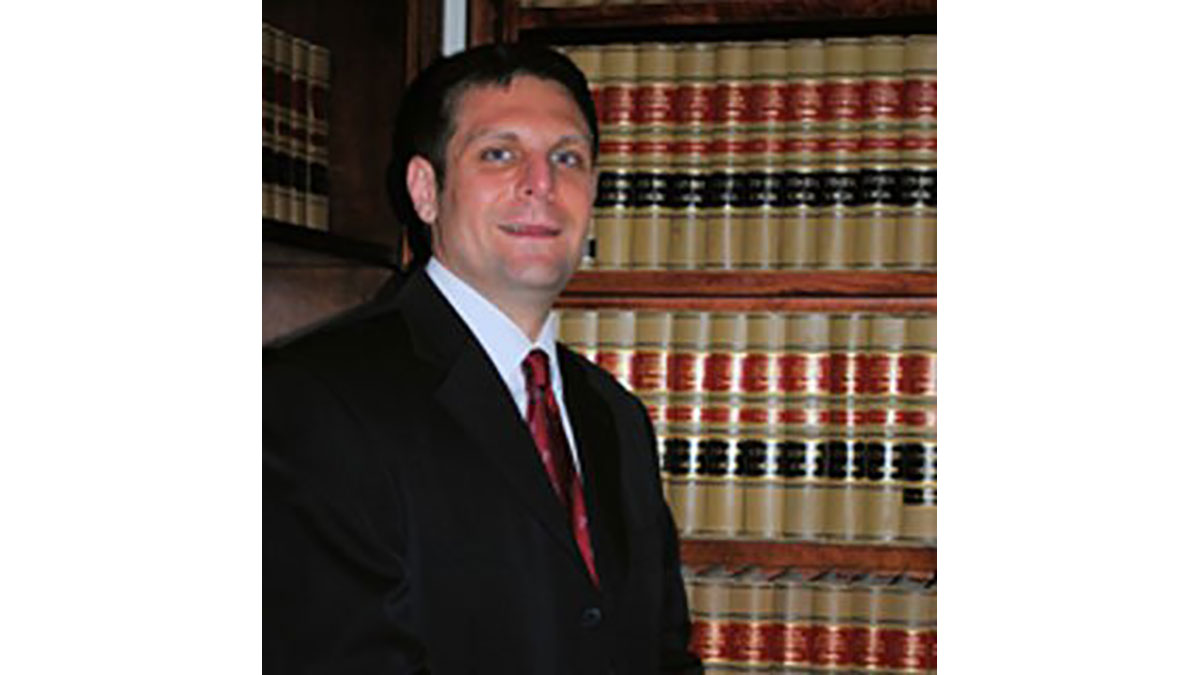
Young was John Sullivan’s attorney. Sullivan was awaiting trial for online solicitation of a minor, possession of child pornography and sexual contact. He was arrested and his bond was set at $2 million. Ray Zapata was one of Sullivan’s bail bondsmen. Sullivan died in June of 2014 and Zapata found his body. Zapata also left Sullivan’s home the same day with a catholic missal, a prayer book.

Zapata phoned Young several times that day. Young, Zapata and Chris Hartman shared 30 phone calls that day. The next day, Zapata produces the prayer book with a handwritten will in the back of it. The will was signed John Sullivan. Young hired Chris Hartman to probate the will. Since then, the will has been proven to be forged.
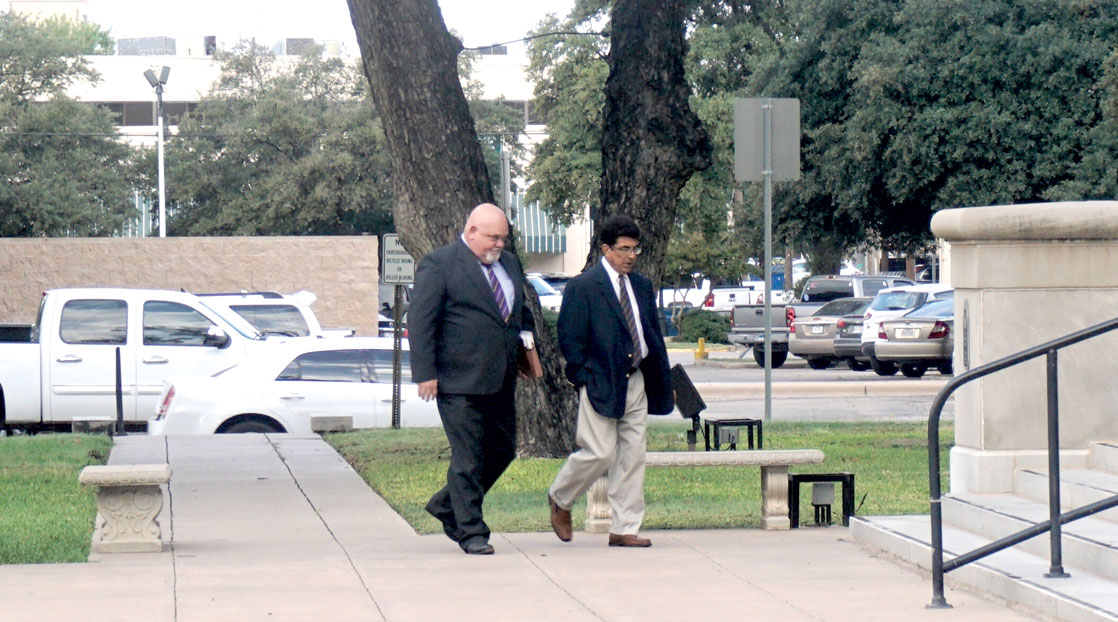
Young was convicted in November 2017 and sentenced to 11 years in prison.
Chris hartman was granted immunity for his testimony in the Young trial where he admitted he lied to a grand jury. After Katie Hartman’s affidavit was filed and made public, Chris Hartman sued his ex-wife for defamation.
Young’s new trial hearing is set for Tuesday morning at 9 a.m. in the Tom Green County Courthouse.
Subscribe to the LIVE! Daily
Required


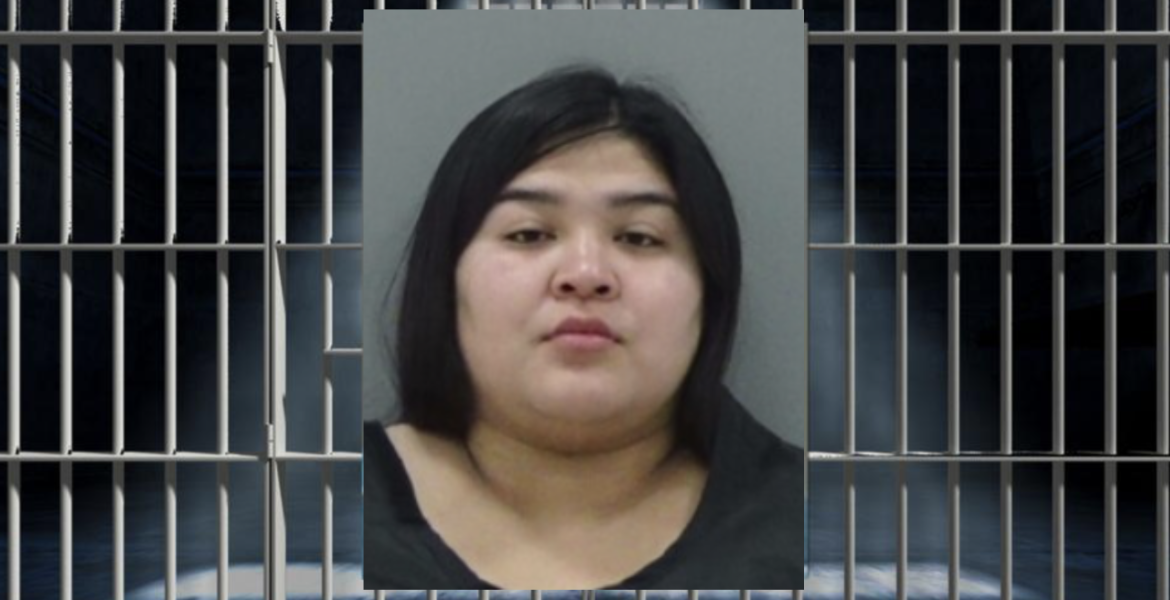
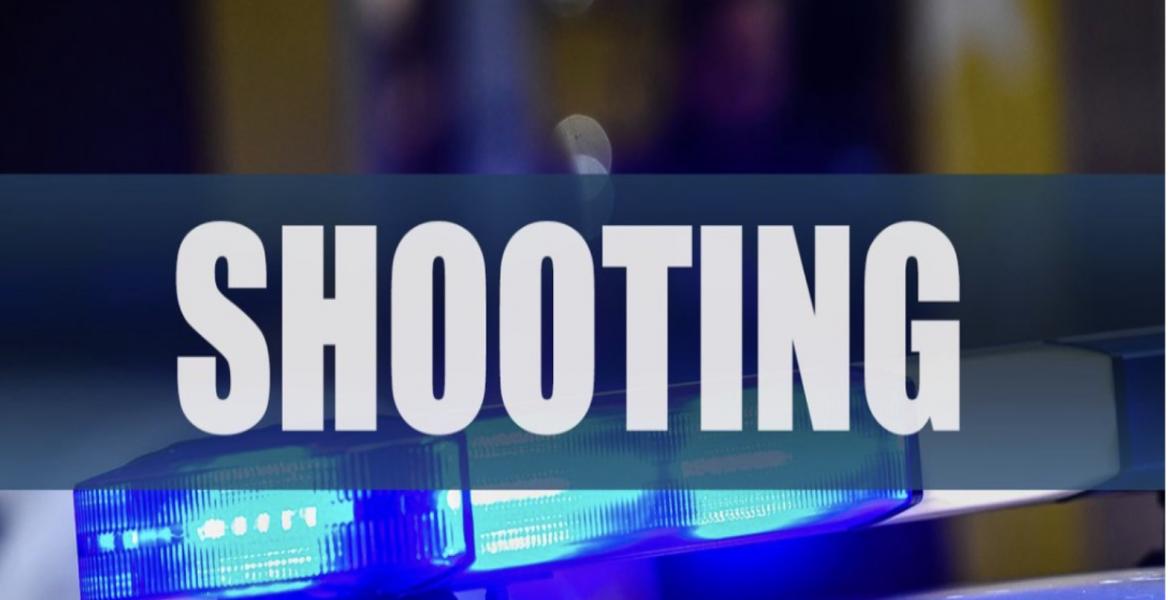
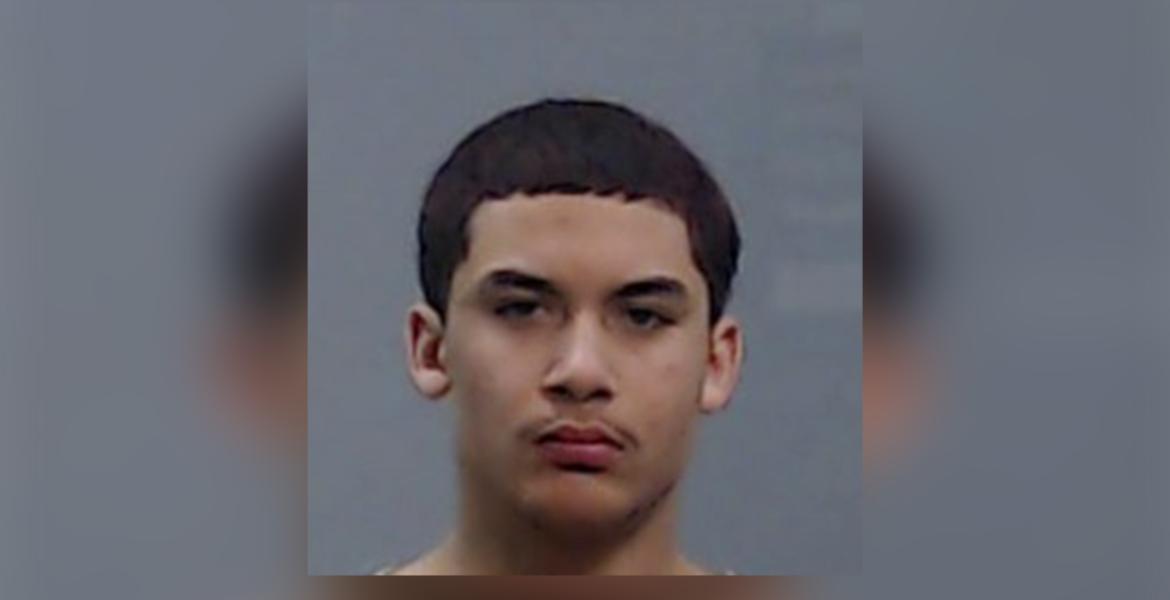

Comments
Listed By: Scott Quinn
Bizarre hardly begins to capture the essence of this trial and its aftermath.
Frank Sellers puts himself on record as being one of the worst bungling attorneys ever in his lame attempt to blame a juror for. . .something. Why a prospective client, reading Sellers’ own words, would ever hire him is beyond me.
Sellers’ motion points to “. . .oversights by defense attorneys during jury selection,” according to one news account. Then follows a strangely-worded paragraph from Sellers, who apparently takes the blame from Hurley and a) claims though he “exercised reasonable diligence” (the norm expected of an attorney) in questioning the juror, b) he nonetheless admits that he was “ineffective” which c) led as a result to a “colossal error” on his part, according to another news outlet’s reporting.
Let’s pause here. When was the last time you heard of someone exercising reasonable diligence whose efforts led to a colossal error? It’s absurd. Is Sellers reasonable? Is he ineffective? He can’t have it both ways. By accusing himself of being “ineffective” (as bad a word as there is in the legal profession) and making a colossal error, Sellers, it would seem, disqualifies himself from further representing Young.
Moreover, Sellers defends himself from a charge which, to my knowledge, has not been made public, namely, that his error was “not trial strategy.” That seems an odd phrase to include in a petition to the court, given that ineffective assistance of counsel and colossal errors have never been considered good ways to defend a client. He learned this in law school, right?
Since Sellers brings up the issue, though, it would, in fact, be interesting to know just what the trial strategy was. Let’s start with whether young Sellers planned to be “reasonable” or “ineffective” at trial. Since those two words are mutually exclusive, it is up to Sellers to disclose whether he is ineffective as a matter of course or whether he is reasonable as a matter of course.
Look at it this way: What if someone told you “Although I exercised reasonable judgment in spending the day at the bar, I was ineffective behind the wheel, which led to a colossal error in the form of a wrecked car”? Does that even make sense? Of course not.
- Log in or register to post comments
PermalinkPost a comment to this article here: